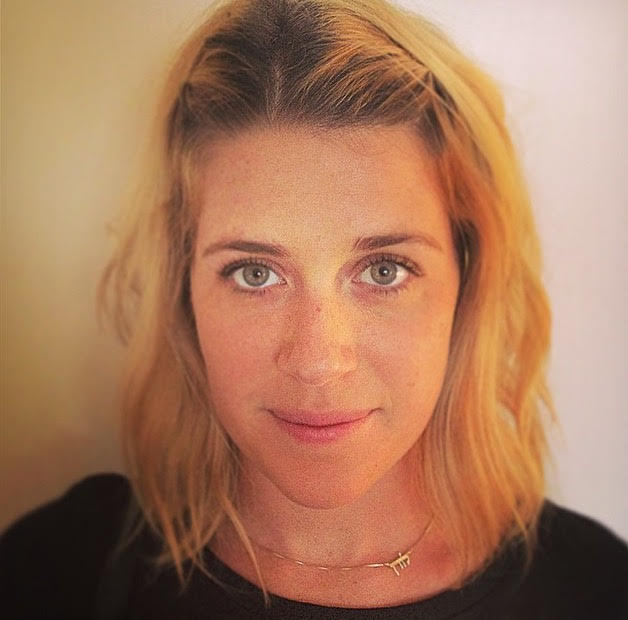But now comes the more challenging (and rewarding) part of your journey: the part where you learn to code and get a job! Here are the actions that you can take after completing steps one through five that will help you make a successful career switch.
6. Review your finances
Before committing your hard-earned dollars to an education in code, spend time researching all of your options around scholarships and loans. These tools exist to help prospective students make their career transition, and you shouldn’t be bashful about applying for help! Below are some of the financial resources we offer at Code Fellows.
The Diversity Scholarship Fund
Everyone should have the opportunity to write code. If you’re a woman, U.S. military veteran, or belong to one of the American populations most underrepresented in technology, then you’re eligible for Code Fellows’ diversity scholarship—which you can apply for here!
Student Loans
Code Fellows has partnered with Skills Fund to provide additional support for students in the form of loans. They specialize in providing loans for bootcamp students and partner with the most reputable code schools in the country. Skills Fund offers fixed interest rates on 36- or 60-month terms (subject to approval). Check it out for more information.
Payment Plans
If you’re paying for Code 201, Code 301, or Code 401 out of pocket, you can choose to pay the full tuition upfront to receive a 10% discount, or you can pay a deposit with 50% upfront. The remaining 50% of your tuition will be due halfway through the course.
7. Consider learning with others
Learning alone can lead to a feeling of isolation and discouragement. Getting into an environment with other up-and-coming developers will expand both your network and your knowledge of how a development team works. Plus, being taught by a professional developer means you’ll learn modern tools, instead of scouring the web, trying to figure out what to learn next. Code schools are designed to train you quickly with relevant skills and help you start (or continue) a career in the industry.
At Code Fellows, you can expect from two to six months of immersive study. If you have prior experience, you can test into the class that fits your skill level, and we love to see the projects that you’ve already been working on (see step 5 in Part 1). You should expect an intense curriculum that starts with the basics and moves each student into a specialization in front-end, full-stack, back-end, or mobile development.
Learn more about the specifics of the Code Fellow’s program.
8. Test your skills at a hackathon
After you graduate (or during your program if you have a weekend to spare), grab some fellow students and sign up for a hackathon in your area. It’s a great chance to meet new people and build something in a fast-paced setting. You’ll eventually be paid to build code in a team environment, and the more practice that you have under your belt, the better.
Hackathons provide a fast-paced, fun way to develop your creativity and cooperation under pressure. AngelHack, Startup Weekend, and this comprehensive list of upcoming hackathons are all good places to start.
Both private and public sectors use hackathons to rally around a problem or idea, and inspire coders to create unique solutions from scratch . Read up on the eight kinds of projects you’ll likely encounter at a hackathon—you might even win (like these Code Fellows students)!
9. Sell (or volunteer) your services as a way to develop your skills
Taking on some clients pro bono or at a reduced rate is a great way to round out your portfolio. While you shouldn’t work for free full-time, finding a community in which to give back with your skills will round out your work experience and personal network with new prospects. Search for charitable causes and small businesses that you’re enthusiastic about and offer to help them with their website or app. A small-scale project will keep your skills fresh and is a great piece to point to and talk about in job interviews.
Plus, the connections and mindshare you gain as a freelance developer will highlight the skills you have thus far, and prepare you to work more flexibly between gigs in the future.
10. Land a job
You may feel rushed to start applying for jobs right away. Instead, focus your time first on learning the skill set and building a portfolio, and then confidently conduct a full-time job search after you graduate or—for the self-taught among us—once you have three to five solid projects in your portfolio.
Hit the ground running in your job search by reviving the network you’ve been creating up to this point. Reconnect with the coders who you helped you get this far, review all the hackathon business cards you collected, and get the word out about your job search in your personal and extended networks.
Someone out there needs your new skills! Customize each cover letter you send and never miss an opportunity to shake hands and meet someone new.
Want to read the first-hand account of how one of our grads went through this very process? Read his step-by-step tips on making a career switch.
Once you’re in your first job after learning to code, share your experiences and enthusiasm with others by reconnecting with the community that helped you get started. By sharing your time with a new class of developers, you’ll vest a network of people ready to help you in whatever challenge you confront next.

